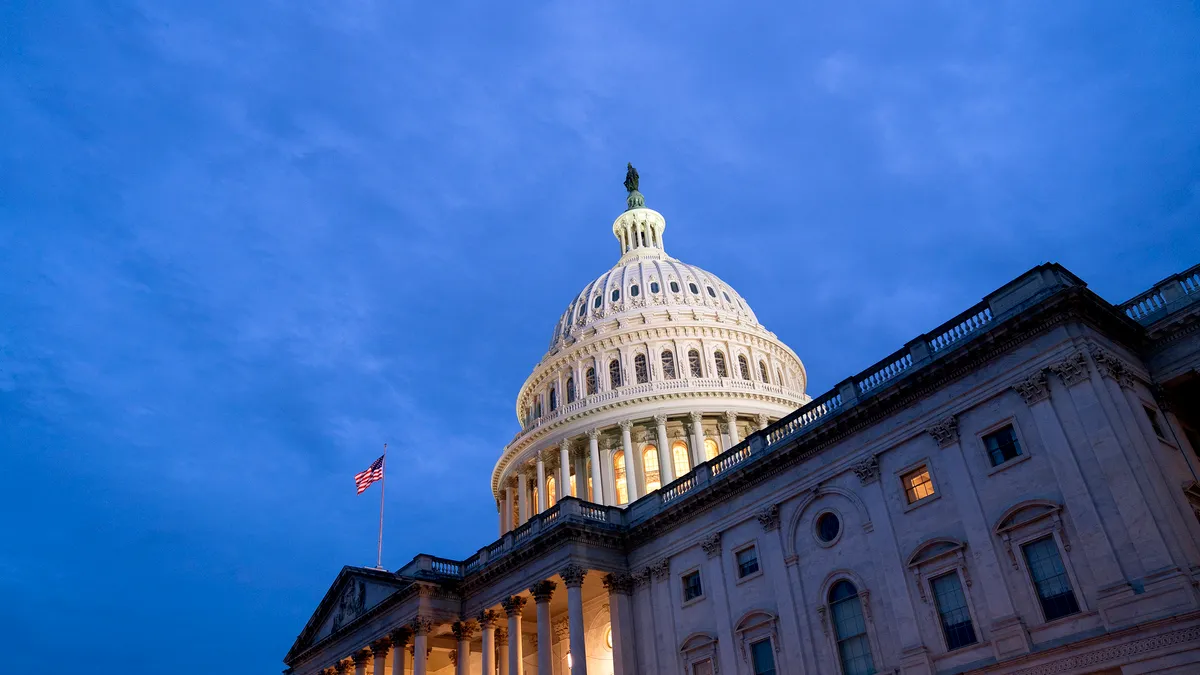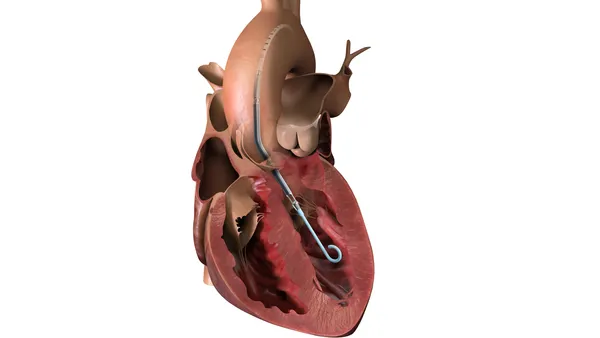Dive Brief:
-
The bipartisan House lawmakers who authored the 21st Century Cures Act released a draft of a Cures 2.0 package that includes codification of the recently delayed Medicare Coverage of Innovative Technology pathway into law.
-
Backed by industry, the MCIT pathway grants breakthrough devices Medicare reimbursement automatically upon FDA approval. Pushback from insurers and some doctors led CMS to delay the rule until December, MCIT could be a significant tailwind for companies such as Abbott Laboratories, Johnson & Johnson and Medtronic, analysts have said.
-
The draft also includes $6.5 billion in funding for President Biden's proposal for a medical research agency dubbed ARPA-H, which would be housed within the NIH.
Dive Insight:
CMS is using the second delay to the implementation of MCIT to fix the perceived shortcomings of the proposal. In delaying the proposal, the agency voiced many of the same concerns of skeptics such as health insurance trade group AHIP, noting that the rule removes its power to deny coverage.
The draft legislation from Reps. Diana DeGette, D-Colo., and Fred Upton, R-Mich., states FDA-okayed breakthrough devices will be approved for an additional and pass-through payment.
The next section adds that "the most recently available data and information on the costs of such breakthrough device" should be used "in determining whether a breakthrough device qualifies for an additional payment ... or for pass-through payment."
Transitional coverage begins on the day a device is approved or cleared and lasts for four years. The additional evidence needed to support regular coverage should be identified within one year. The draft states the requested evidence should not duplicate data required by FDA and be gathered in a process that "minimizes the administrative burdens of data collection and reporting on providers of services, suppliers, and manufacturers of breakthrough devices."
The medtech industry is happy with the draft, with AdvaMed and the Medical Device Manufacturers Association both praising the document.













